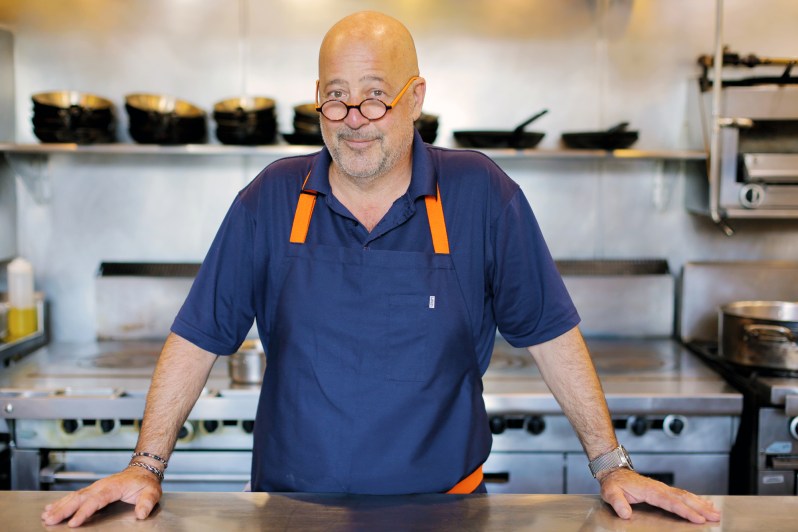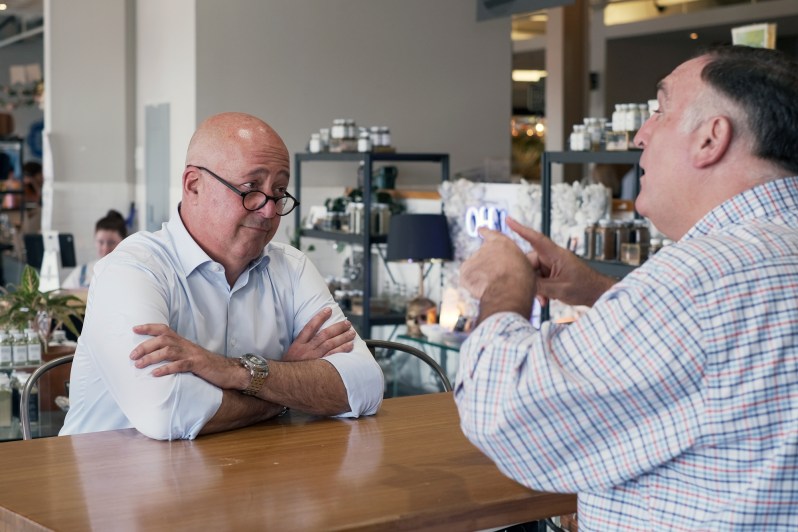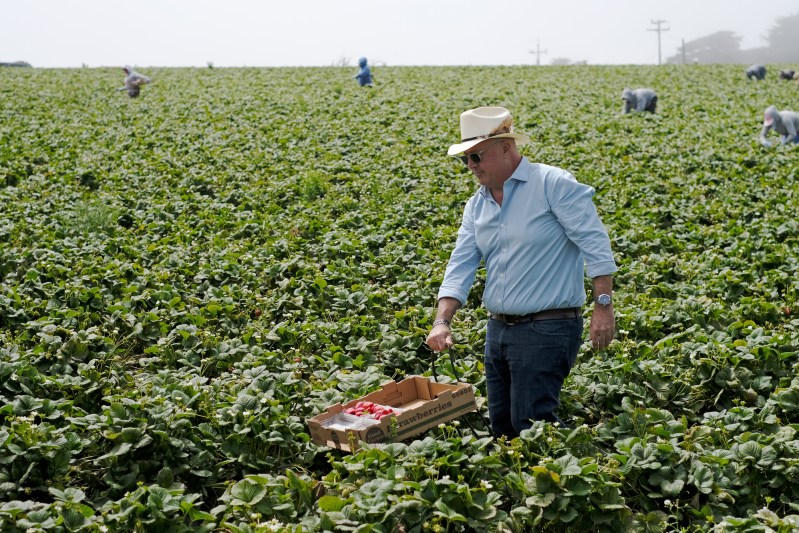
Andrew Zimmern, a familiar television chef and travel show personality (former host of “Bizarre Foods” among others), has a new five-part series that debuted on MSNBC in mid-February. Throughout the course of the show, Zimmern will explore topics that deal with the intersection of food and politics, along with the help of some special guests like José Andrés. The Manual had the chance to ask Zimmern some questions to find out his take on the future of global food availability, how it is being affected by climate change, whether or not you can separate the culinary from the political, and food trends he likes and those he would like to disappear.
The Manual: What do you think the most pressing issues are that will affect the future of food availability on the planet in the near and distant future?
Andrew Zimmern: Climate crisis, population needs, species extinction, water shortages, labor shortages, drought, famine, etc. We are in the early stages of a global food crisis and no one is seeing it for what it is. This is not happening in the future; it has started already in every category listed above and more.
TM: Do most people understand the connection between climate change and food sustainability, or do you think there needs to be more education? And how do people get better educated?
AZ: That’s an issue, and it’s important for everyone to become more educated on the reality of the situation. It’s one of the big reasons I wanted to make “What’s Eating America” for several years. But the biggest piece of education, the one that still hasn’t happened yet, is for people to understand that our climate crisis is negatively affecting food production right now, and it has been for years. This is a “now” problem not a “tomorrow” problem.

TM: Do you believe that food is inherently political? If so, how would you explain this to someone who has never really thought about it?
AZ: Yes, I do because everything is inherently civic. Our issues covered on “What’s Eating America” are not left or right, or red and blue, they are “forward” issues, ones we need to civically come to terms with and find solutions for. For many civic issues, there has to be a political resolution. Laws need to be made based on civic resolve. Food safety, food workers’ rights, product pricing, labeling, pay minimum, crop insurance, subsidies, just to name some elements off the top of my head. All began as civic discourse but got teeth thanks to the passage of legislation.
TM: Do you believe that the current anti-immigration rhetoric in America has allowed people to better understand the role of immigrants in our restaurants’ kitchens?
AZ: No, I think it’s contributed to the creation of ghost communities, racism, ethnocentrism, and worse. I think that those problems have alarmed many of us and I applaud anyone speaking out for immigration reform and the raising up of any marginalized communities.

TM: What are some of your favorite food trends, and ones that you’d like to see go away?
AZ: Faves: Purchases that empower, more natural foods, return to hyper local/seasonal, vegan/vegetarian food, steady rise in meal-taking not associated with pleasure, plant-based meats, and plant-based eggs. Go Away: pumpkin spice, truffle oil, deconstructed foods.



